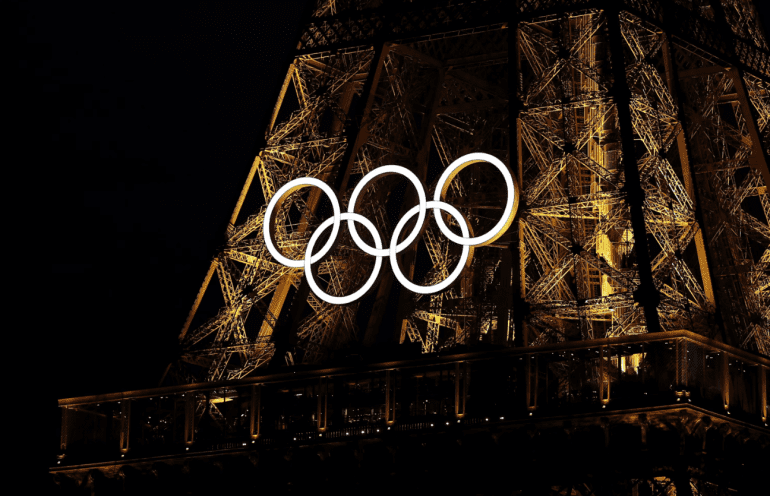- NBCUniversal is fully embracing AI for its U.S. broadcast of the Paris Olympics, including recreating Al Michaels’ voice and using AI-enhanced Google Map images.
- The network will offer nearly seven million unique daily recap variations, tailored to viewers’ preferences.
- Warner Bros. Discovery in Europe is hesitant, finding AI translation tools inadequate for capturing the emotional depth of sports commentary.
- Scott Young of Warner Bros. Discovery Sports Europe criticized current AI tools for failing to convey the excitement of live sports moments.
- The Olympic Broadcasting Services is utilizing AI for highlight production but remains cautious about potential risks such as deepfakes.
- European audiences may see more AI integration in future Olympics, with potential significant impacts anticipated by the 2028 Los Angeles Games.
Main AI News:
As the Paris Olympics draw near, a clear split is emerging in the approach to generative AI between American and European broadcasters, reflecting the global media industry’s varying stances on this rapidly advancing technology.
In the United States, NBCUniversal, a major player under Comcast’s CMCSA.O umbrella, is fully investing in AI to enhance its Olympic coverage. This includes a groundbreaking initiative to recreate the iconic voice of sportscaster Al Michaels for personalized daily briefings. With a partnership involving Google and Team USA, NBCUniversal plans to leverage AI to offer viewers AI-enhanced Google Map images of Olympic venues, creating a virtual Paris experience. The broadcaster also anticipates generating nearly seven million unique variations of daily recaps, tailored to individual viewer preferences, thanks to AI technology.
In contrast, Warner Bros. Discovery WBD.O, which will handle the European streaming of the Games on its Max and discovery+ platforms, is taking a more cautious approach. The company has experimented with AI-driven speech translation tools but found them inadequate in capturing the emotional essence of live sports commentary. Scott Young, senior vice president at Warner Bros. Discovery Sports Europe, criticized the demos for translating words accurately but failing to convey the passion and excitement inherent in sports events. He cited the example of Italian commentators during Marcell Jacobs’ gold medal win in the men’s 100 meters at the Tokyo Olympics, whose exuberant reactions highlighted the emotional depth that AI struggles to replicate.
The Olympic Broadcasting Services, which produces neutral coverage accessible to media outlets globally, is also exploring AI applications. The organization is using AI to efficiently produce brief highlights from extensive footage. However, it remains vigilant about potential risks, including deepfakes and the manipulation of reality, which could undermine the integrity of sports coverage.
Given the rapid advancements in AI, European sports fans may soon witness more extensive use of the technology. As Scott Young predicted, the true impact of AI on sports broadcasting could become apparent at the 2028 Los Angeles Olympics, suggesting that the next Summer Games might mark a turning point for AI integration in European media coverage.
Conclusion:
The divergent use of AI in Olympic broadcasting highlights a significant gap between American and European media strategies. NBCUniversal’s proactive approach reflects a trend towards leveraging advanced technology to enhance viewer engagement and personalization, potentially setting a new standard for sports media in the U.S. In contrast, Europe’s cautious stance underscores the ongoing challenges in fully integrating AI into live sports commentary. As AI technology evolves, European broadcasters may eventually adopt similar innovations, potentially reshaping the media landscape and increasing the competitive pressure on global sports media companies.

